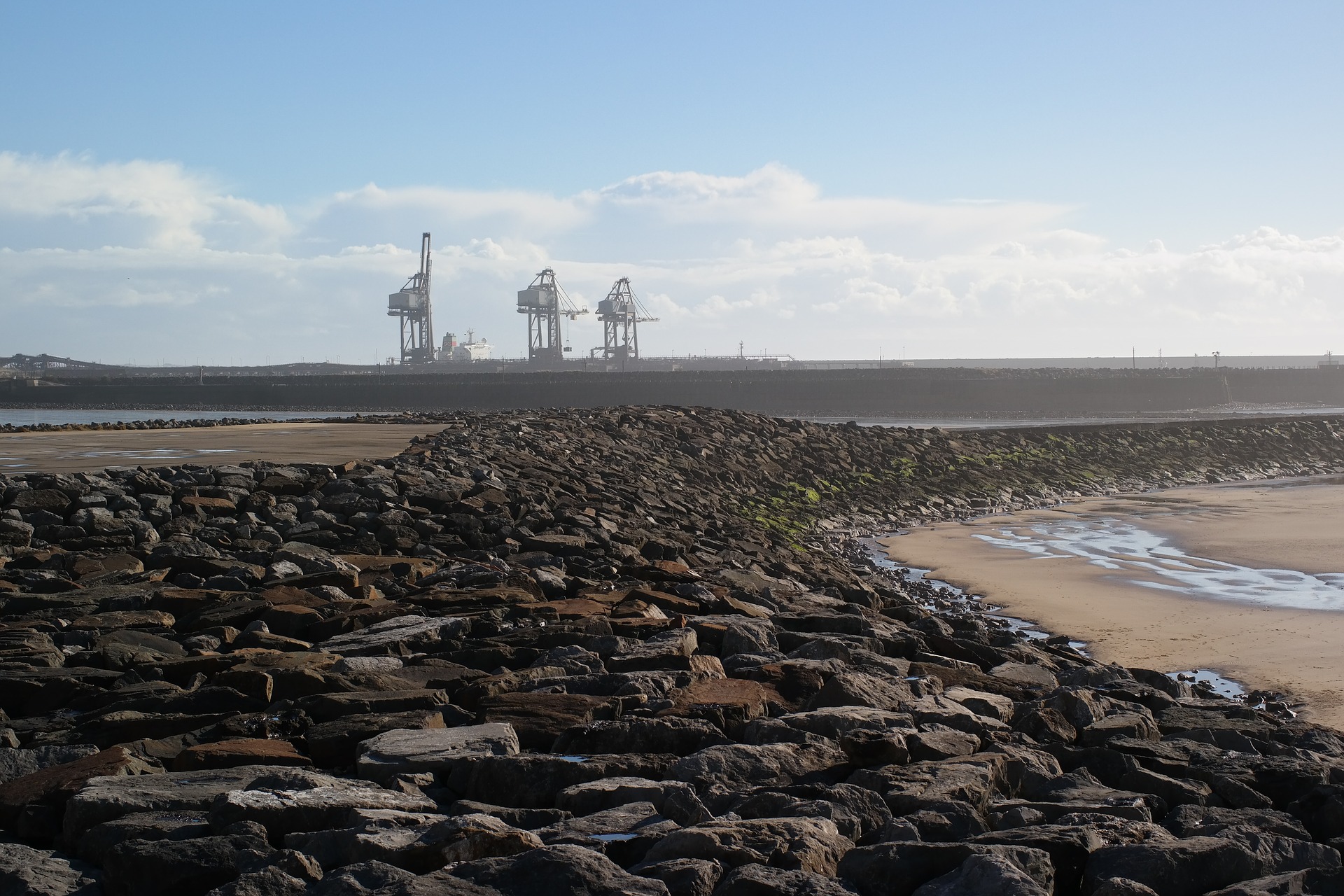Ahead of its long-awaited exit from the European Union, Britain’s decaying industry took another huge blow with the announcement that British Steel would be going into liquidation. Having been bought out by
Ultimately, the company’s suicide note was signed and dated by the Conservative government who refused to pay the £30 million
Two ideas which are often conflated are that of the “uncertainty of Brexit” and Brexit itself. The former was caused by the government’s abysmal attempt to negotiate a deal, along with the establishment’s efforts to overturn the democratic vote. The latter is yet to be implemented.
Nevertheless, the EU’s industrial strategy has been clear from the start. Article 63 of the EU constitution enforces a free movement of capital across the continent. This essentially prevents nation states from implementing policies which would protect its industries from the globalist market. As a result, Western European countries have seen their industries relocate, sold or shut down completely due to the constant pressure of Chinese economic dumping. Without any form of state protectionism, all European industries are prey to the capitalist vultures.
Many rightly pointed the finger of blame towards the government but for the wrong reason. It must be made clear that May’s cabinet simply could not fork out the £30 million
The government’s failure was thus its inability to leave the EU on the promised date of the 29thMarch. Incompetence which cost the country dearly when, in April, the government was forced to hand over £120 million to British Steel to foot a carbon emission bill from the EU. This, despite the fact that Britain is one of the lowest carbon emission contributors in all of Europe.
TATA, the company which sold British Steel in the first place, had spent years closing mills and laying off workers in order to satisfy European regulators ahead of a proposed merger with German firm
Evidently, this was a political decision as well an economic one.
British steel’s collapse is another step in the right direction for the EU’s plan to remove more powers from the nation state. Thus, ensuring capital’s power over labour, corporate rule over democracy and private over public ownership.

